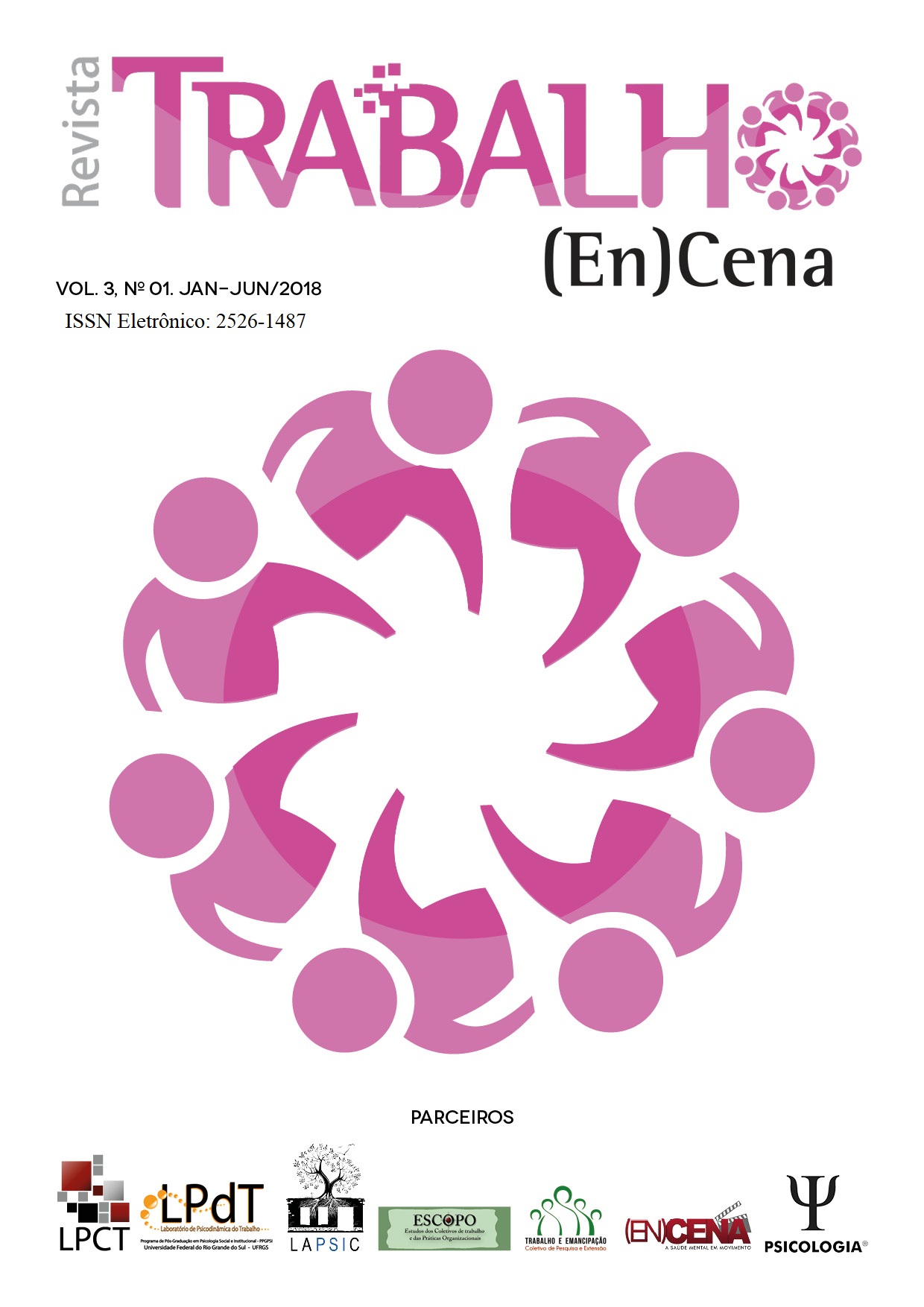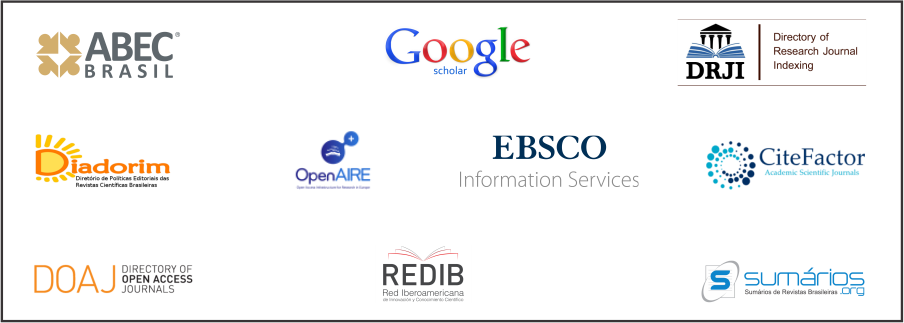¿Pueden las didácticas ser críticas? Contribuciones de las pedagogías y epistemologías socio-críticas
DOI:
https://doi.org/10.20873/2526-1487V3N1P148Resumen
Abstract:
This paper proposes a new, alternative teacher education with the concept of “critical teacher education.” This “critical teacher education” presents a counter-vision of teacher education that fleshes out unseen dimensions which the traditional teacher education approaches do not accept, do not perceive, do not problematize, do not question and do not theorize. In the face of the socio-environmental crises affecting present-day societies as well as the issues and challenges that they represent for formal education and teaching, teacher education can no longer consider itself a decontextualized, asocial and apolitical disciplinary field, beholden only to scientific criteria or myths (objectivity, neutrality, truth, universality, etc.). A number of social ills, such as classism, racism, sexism, neocolonialism, neoliberalism, armed conflict, war, forced displacement and other forms of violence, lead to a dynamic of domination and social exclusion that has an adverse effect on and within the teaching/learning relationship. Within critical pedagogies and epistemologies that address these social ills, can teacher education be critical? We answer in the affirmative. Our theoretical-conceptual approach is based on critical social theory and critical race theory. “Critical teacher education” is associated with critical epistemology and critical education as the third component of a critical triad that serves to anchor the teaching-learning relationship. From both this historical and epistemological synthesis, we propose a model of “critical teacher education” that addresses research, training/education and teaching/learning.
Keywords: Critical social theory, critical race theory; critical thinking, critical pedagogy, critical epistemology, critical didactics.
Descargas
Publicado
Cómo citar
Número
Sección
Licencia
Os direitos autorais dos artigos publicados pela Revista Trabalho EnCena permanecem propriedade dos autores, que cedem o direito de primeira publicação à revista. Os autores devem reconhecer a revista em publicações posteriores do manuscrito. O conteúdo da Revista Trabalho EnCena está sob a Licença Creative Commons de publicação em Acesso Aberto. É de responsabilidade dos autores não ter a duplicação de publicação ou tradução de artigo já publicado em outro periódico ou como capítulo de livro. A Revista Trabalho EnCena não aceita submissões que estejam tramitando em outra Revista. A Revista Trabalho EnCena exige contribuições significativas na concepção e/ou desenvolvimento da pesquisa e/ou redação do manuscrito e obrigatoriamente na revisão e aprovação da versão final. Independente da contribuição, todos os autores são igualmente responsáveis pelo artigo.






